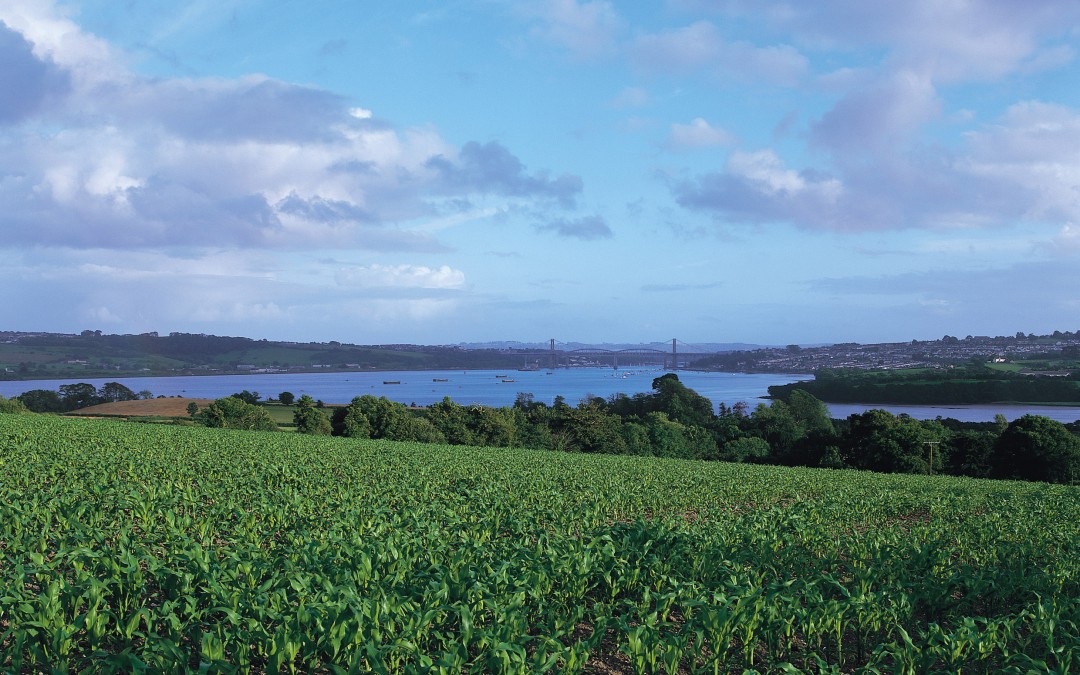We all know the philosophical question “If a tree falls and no-one is there to hear it, does it make a sound?” but what about the less common “If a river is polluted with chemicals and no-one is there to measure it, does it fail the WFD?”. Well the answer is YES.
Last week the Environment Agency released the latest Water Framework Directive (WFD) status updates. These are a blend of ecological elements (too few fish, too much phosphate, etc…) and chemical parameters and in the past only 14% of our rivers passed all ecological elements but 97% passed the chemical parameters.
The ‘one out all out’ principle applied to these measures means that the ecological status usually determined the overall status, and hence 86% of our catchments failing for one issue or the other.
All that changed last week though as the Environment Agency now test for ubiquitous, persistent, bioaccumulative and toxic chemicals and under this assessment instead of 97% passing chemical thresholds, 100% fail.
This was reported nationally by the media as well as the Rivers Trust (the river movement’s national body) but should we really be surprised that when you go looking for pollutants in heavily used rivers suffering from urban run-off, industrial chemical discharges, raw sewage discharges and agri-chemical pesticides, you find them. With results like these though, the government’s expectation in its 25-year environment plan for 75% of water bodies in England to be in good condition by 2027 may be a little out of touch.
Having worked tirelessly to address these issues and bring about improvements in our region’s rivers for more than 25 years, given these results, which include the river Tamar rated in 2019 as poor and moderate, we would understand if people queried how effective, despite our long-term best efforts, what we do is.
Even if it takes another 25 years or longer, we are committed to doing all we can to protect and improve rivers and their habitats in the Westcountry. But we can’t do this in isolation. We continue to need the support of local communities and people as volunteers, fundraisers or taking part in our community projects. We continue to need business, tourism and agricultural sectors to prioritise their relationship to water usage and its quality in their plans. We continue to need solid partnership and collaboration across the water, local authority, academic, NGO and charity sectors.
Our annual reports are testament to what we have achieved locally for water. Our projects such as Upstream Thinking with South West Water and the Tamar Water Stewardship Business Board, both work with local farmers and business to all achieve the highest level of care for this vital natural resource, while projects such as Plymouth River Keepers and Preventing Plastic Pollution involve local people, communities and grassroot organisations in the Tamar catchment in making positive changes.
With budget cuts at the EA impeding the ability to monitor, it may fall to dedicated volunteers such as our Westcountry Citizen Science Investigations collective to do what they can – their work continues to play a big part in our water and river habitat monitoring in the Westcountry.
But despite an increase in efforts from civil society and NGOs such as us, the 59 other river trusts and The Rivers Trust, the national effort overall has stalled, with the loser being river health.
Water and our rivers must now be placed as high in environmental importance as climate change and plastic pollution. They are after all the veins of our land, carrying the ‘blood’ that keeps us alive.
Therefore, no matter how many river measurements the Government takes, we will always be there to listen.


Trackbacks/Pingbacks